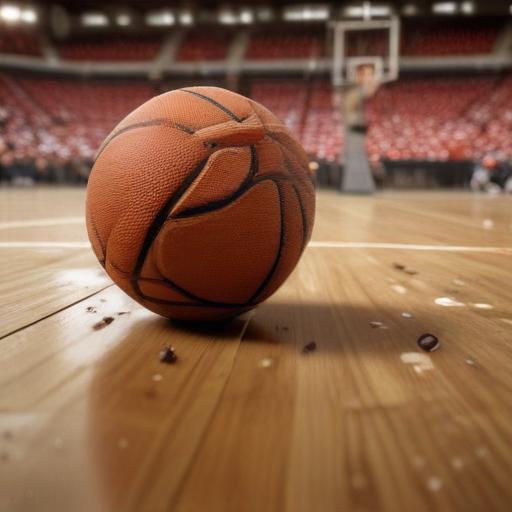Significant rule adjustments are set to be implemented for both men’s and women’s basketball in the upcoming NCAA season, following the NCAA rules panel’s approval.
In men’s basketball, coaches will have the opportunity to challenge specific calls, which include reviews on out-of-bounds decisions, basket interference or goaltending, and determining whether a secondary defender was within the restricted-area arc. To initiate a challenge, a team must use a timeout, and if the challenge is successful, they will receive an additional review for the remainder of the game, including overtime.
The primary goal of these changes in men’s basketball is to enhance the pace and efficiency of games. Meanwhile, for women’s basketball, coaches will also be provided with a challenge option, though the parameters differ slightly. Women’s coaches can challenge calls on boundaries, backcourt violations, changes in team possession prior to fouls, and fouls assessed to the wrong player. Unlike the men’s rules, the women’s challenges do not require a timeout; however, a failed challenge will result in a technical foul for what is termed “an excessive timeout.”
The NCAA has acknowledged ongoing concerns regarding officiating in its sports, sparking demands from coaches, players, and administrators for reform. This includes emphasizing the need to address delay-of-game tactics, expedite monitor use, enhance game administration, and curb physical play.
Additionally, there is a new development regarding fouls, where officials now have the discretion to classify contact to the groin as a Flagrant 1 foul, rather than defaulting to a Flagrant 2 foul, which previously resulted in automatic ejections under certain circumstances.
While the NCAA rules panel explored the possibility of transitioning the men’s game to quarters—similar to the format used in the women’s game and professional leagues such as the NBA—they did not implement that change as there remain logistical concerns regarding media timeouts and commercial breaks. The NCAA encourages conferences to assemble committees to assess and provide feedback on the potential transition by next year.
These rule changes signify a progressive step towards refining the NCAA basketball experience for both players and fans, promoting fair play and improving the overall flow of the game.
